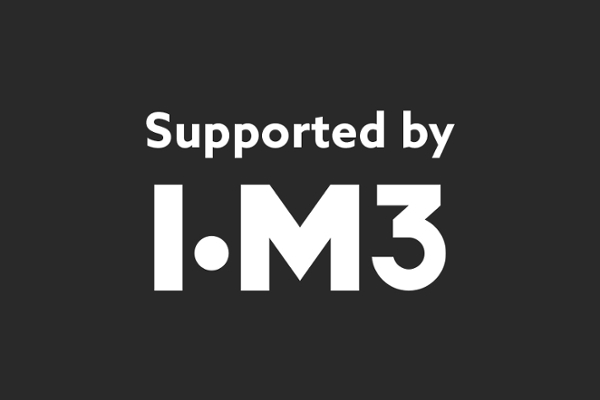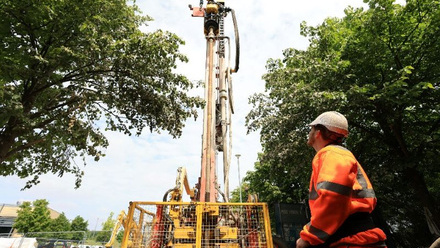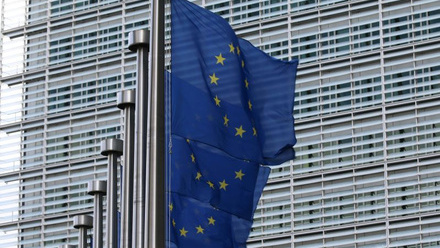The importance of the major packaging and collections reform consultations
IOM3 members give an insight into why these consultations are so important for so many industries.

IOM3 will be responding to the consultations on UK-wide Extended Producer Responsibility for Packaging and Introducing a Deposit Return Scheme in England, Wales and Northern Ireland, with a closing date of 4 June 2021. To highlight the significance of these consultations, Natalie Daniels, Head of Communications, hears from IOM3 members on why these consultations are so important for so many industries.
Judith Allan MIMMM, Chair of IOM3 Packaging Society on packaging:
Having started my career in the Packaging Industry in 1996 just as the Essential Requirements for Packaging Directive was introduced, I understand how infrequently these opportunities to input come up. These consultations provide an opportunity to help shape government policy that will form the future framework for the packaging industry.
Extended Producer Responsibility (EPR) for Packaging is a policy approach under which producers are responsible for the full net cost of managing packaging at end-of-life. The consultation seeks views on key aspects of how the scheme will function including governance, recycling targets and proposes that EPR will be implemented through a phased approach commencing from 2023.
The Deposit Return Scheme (DRS) consultation looks to explore what the appetite is for a deposit return scheme in a ‘post-Covid’ context and seeks views on the scope, design, operation and enforcement of the scheme. It is anticipated that the introduction of a deposit return scheme in England, Wales and Northern Ireland would be in late 2024 at the earliest.
These consultations are especially relevant to the packaging community as they relate to targets, fees, monitoring and governance that will affect all businesses involved in the entire value chain of packaging and packaged goods, through to waste management post use.
The integral role that packaging plays in all of our everyday lives make these consultations relevant to all of us, as they will affect us.
Dr Adam Read FIMMM, External Affairs Director, SUEZ recycling and recovery UK on waste:
On the first read, there is nothing unexpected in either set of proposals, which reflects how well Defra has worked with its key stakeholders over the last two years – testing ideas, developing assumptions and working up possible proposals.
However, there remains a lot of options to consider, some of which are quite fundamental to the design and operation of the new systems, from overall scheme governance, and the interface between DRS and EPR, plus the payments to local authorities, service providers and most importantly the businesses that segregate their recyclables going forward.
Most noticeable on first read was the significant increase in the overall costs being proposed (now totalling £2.5bln in year one) due to any number of uncertainties concerning business stream recycling capture and system performance. Can we (as a nation of consumers) really afford this uplift, and does it bring the cost and validity of DRS proposals into question, given it is offering a limited uplift in recycled tonnage while demanding an entirely new system to capture the target packaging that will undermine our traditional kerbside collections?
On the plus side, I like the intention to drive greater investment in domestic reprocessing (and thus limit exports) and to make recycling part of the green recovery, with brands paying (or consumers will) the additional costs associated with quality recycled materials collection, handling, sorting and reprocessing. And I also like the mandatory labelling proposal, something we have supported for quite some time, as this should help any change in service and target material go more smoothly, but only time will tell.
On the negative side, the transition plans are thin on the ground, and if the timing for introducing modulated fees, mandatory labelling and consistent collections aren’t fully aligned then we will have more than a few problems on our hands, including a great deal of confusion along the value chain and system inefficiency.
But the devil is always very much in the detail, and points of interest will be significantly different if you are a retailer, materials specialist, brand owner, manufacturer, consumer, local authority officer, or business owner. My suggestion is to free up some time in your diary and get stuck in to these proposals and join any number of the sector webinars and roundtables that are happening to hear from others along the value chain. We will need to align and work collaboratively if we are to deliver on the Government’s agenda for packaging recycling and redesign in the short and medium term.
Dr Sarah Connolly CEng MIMMM, IOM3 Iron and Steel Board:
Working with the Foundation Industries (including metals, paper, chemicals and glass) at Innovate UK, I see every day how important a transition to a circular economy in the materials cycles will be in reaching Net Zero targets. Integral to enabling this approach is the capture of end-of-life material. In some applications this material is static, for example in construction, and can be traced, but for packaging this could not be further from the truth. Supply chains are disjointed and rarely share data or material tracking – materials producers sell to manufacturers through distributers who again sell to the customer through distributers, sending products with packaging not just across the UK but across the world. As a society, and a nation, there is a need to take further action to ensure that material is not lost from the system and replaced with virgin material. But there are currently conflicting views as to who should take responsibility for ensuring end-of-life material is returned to the system.
Producer responsibility means manufacturers are required to pay into a fund which covers an efficient system of managing waste, while incentivising them to use recyclable materials, clearly labelled, reduce the amount of packaging required, and move towards reuse and refill models where possible to minimise their fees. Deposit return schemes put the ownness on the consumer to return the container to an approved location to return their deposit. Consistent recycling collections will ensure no confusion in what can/can’t be recycled, and the best way to do this to maximise uptake but also maximise the quality of the material captured.
This full system approach across the supply chain is absolutely necessary. In order to reach the target of 78% recycling, between 92-95% of packaging must be captured at end of use, the same percentage must be successfully processed, and the same percentage successfully utilised. This doesn’t account for some types of plastics not yet able to be reprocessed and some grades of metal and types of glass being easier to reuse than others. The correct balance between push/pull factors throughout the process must be achieved for these ambitious targets to be reached. It is vital that the consultations encompass all parts of the industries and supply chains to ensure measures provide a balance of drivers for innovation and positive change, whilst being intuitive and not penalising any part of the chain.
To contribute to the IOM3 responses and/or register your interest for our upcoming workshops, please contact [email protected]










